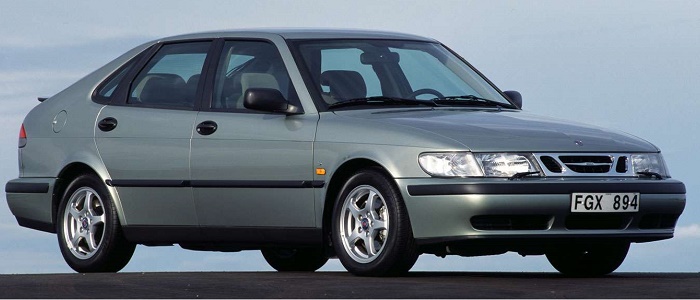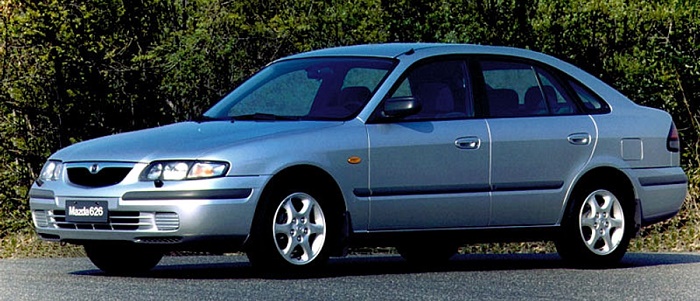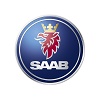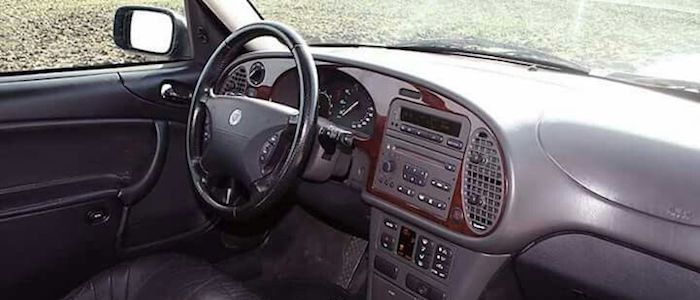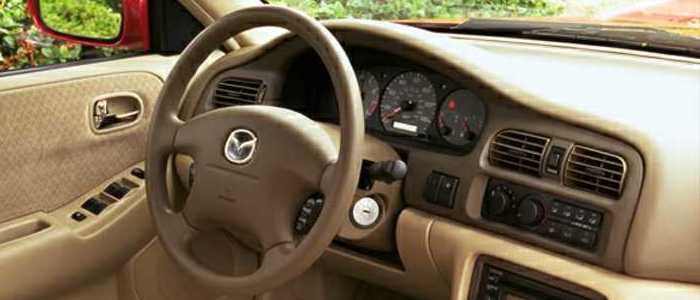Compare two cars
Compare any two cars and get our Virtual Adviser™ opinion
Dimensons & Outlines
Engine
Performance (manual gearbox)
Performance (automatic gearbox)
Expenses
Virtual Adviser's™ opinion
Well, these are two pretty similar cars we have here! It's only details that could potentially make the difference. Considering they both belong to the large family car segment and utilize the same 5-door hatchback body style and the front wheel drive system, it all comes up to the specific petrol engine choice they offer. The first one has a SAAB-engineered powertrain under the hood, a 4-cylinder, 16-valves 225hp unit, while the other one gets its power and torque from a 4-cylinder, 16-valves 136hp engine designed by Mazda.
SafetyThe fact that the SAAB got tested by the European New Car Assessment Programme (Euro NCAP), while the other contender didn't, offers a slight advantage, as the 4-star rating is better than none. Moving further on, let's take a closer look at some additional safety-related facts. Both vehicles belong to the large family car segment, which is generally a good thing safety-wise, but it doesn't do much to help us decide between the two. Furthermore, when it comes to weight, a factor that most people underestimate, the Swedish car offers a considerable difference of 18% more metal.
ReliabilityI don't like generalizing things when it comes to reliability, although it does seem that Mazda does have a slight advantage, at least on all of the models level. These are the results of an independent reasearch, while our visitors describe reliability of SAAB with an average rating of 4.2, and models under the Mazda badge with 4.4 out of 5. Some independent research have also placed 9-3 as average reliability-wise, and 626 is more or less at the same level.Above it all, drivers of cars with the same engine as the Swedish car rank it on average as 3.0 out of 5, exactly the same as the other one.
Performance & Fuel economySAAB is undoubtly more agile, reaching 100km/h in 2.8 seconds less than its competitor. In addition to that it accelerates all the way to 250 kilometers per hour, 42km/h more than the other car. When it comes to fuel economy the winner has to be the Japanese car, averaging around 8.1 liters of fuel per 100 kilometers (35 mpg), in combined cycle. We can't ignore that 19% difference compared to the Swedish car.
Verdict
Mazda appears just a bit more reliable, although the difference is truly marginal. The most important thing when deciding between any two vehicles should always be safety, both passive and active. In my opinion, everything taken into account, the Swedish car beats the other contender by far, making it the best choice without even considering other things. It all continues in the same direction, with SAAB outracing its opponent in any situation possible, making it better choice for boy racers. It does come at a cost though, and that's the fuel consumption... All together, there's not much more to say, in this case I wouldn't even consider anything but SAAB. In any case that's my personal view, built upon all the data available to me. What should decide here though is the way you feel about the two vehicles, and I hope you'll find my guidelines useful in the process. In case you have two minutes to spare I invite you to define your needs, desires and budget and see which car would be chosen by the virtual adviser™, among more than 12.000 different ones in our database.























